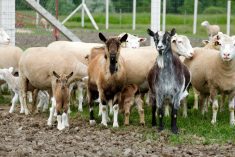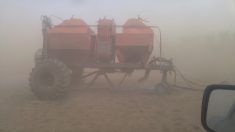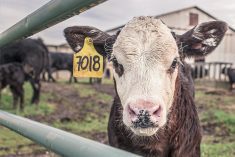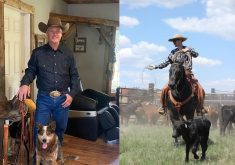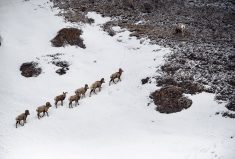Good stewardship is good business, say the winners of the 2021 Alberta Beef Producers Environmental Stewardship Award.
“Environmental stewardship is simply a way of protecting the environment and our investment at the same time,” Elan Lees, business manager of Soderglen Ranches South, said in an email interview.
“If we do it right, we may be here for a very long time, and if we don’t…”
Read Also
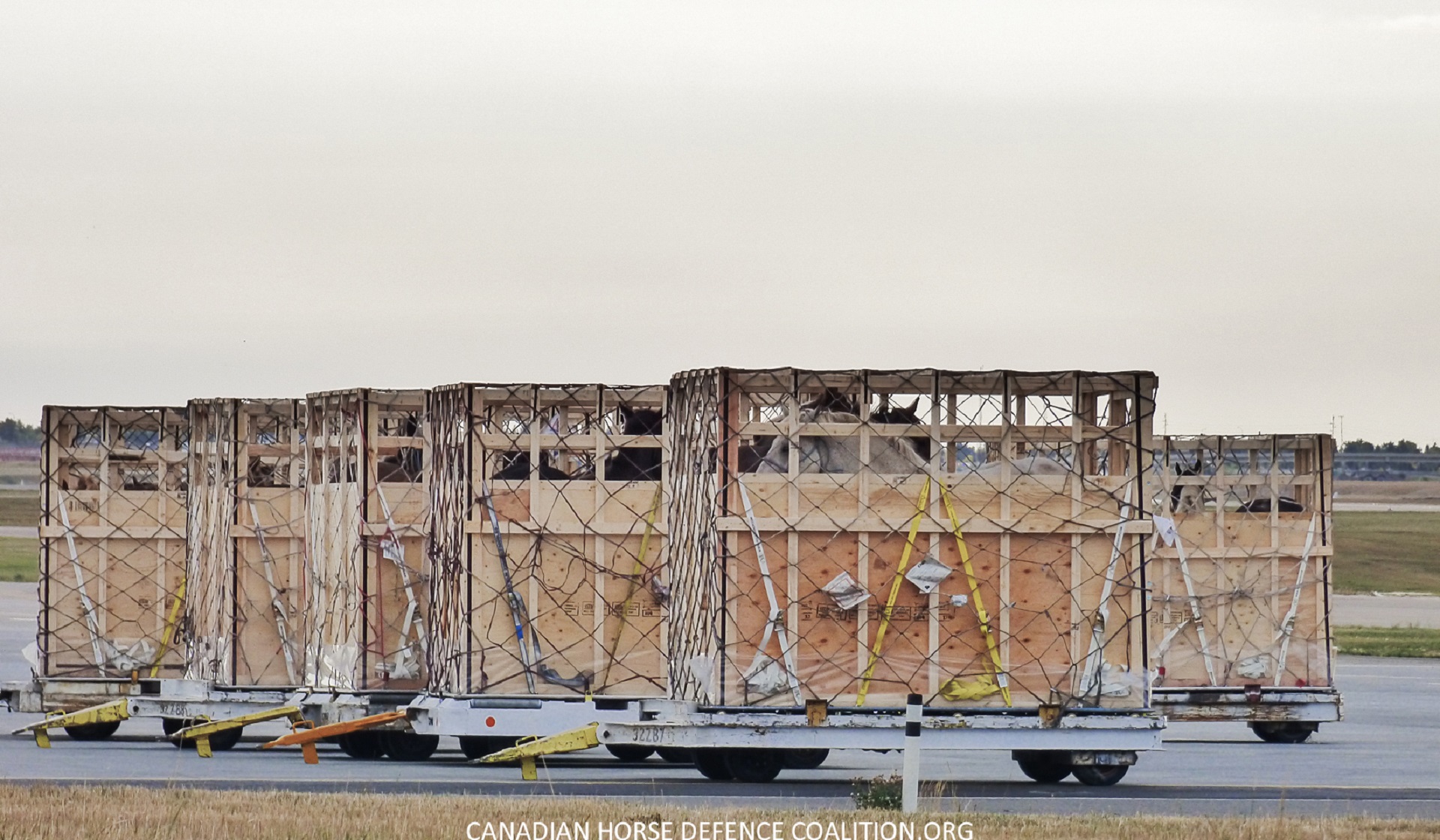
Horns aren’t unlocking anytime soon on livestock transport standards
Standards good enough meet the definition of “humane” animal transportation still vary widely between what what industry wants, what animal rights advocates want and, between the two, what federal regulators decide is good enough.
Lees ranches with husband Scott and the couple’s three managers: Roger Gerard, Jeff Demarni, and Ross Howey, who are each responsible for their own land base and cattle.
The operation has two ranches — at Cardston and Fort Macleod, both in the foothills fescue subregion and comprised mainly of native grassland with numerous wetland basins. They run about 1,500 Charolais, Red and Black Simmental, and Red and Black MAX (Soderglen’s own line of modified Simmental genetics).
The ranch’s management goals are to continue to improve the grasslands for the cattle and wildlife, said Lees.
“Ranchers and farmers are the custodians of the land,” she said. “Well-managed lands have a positive value to both the owner as well as the public.
“For instance, we create and provide habitat for virtually every species of animal and plant in the food chain. A healthy environment makes for a productive ranch.”
Soderglen South has been involved with Ducks Unlimited Canada for more than 30 years, and leases more than 2,400 acres the wildlife organization owns next to its Cardston operation.
“We believe our goals and that of Ducks Unlimited fit exceptionally well with those of cow-calf producers in southern Alberta,” said Lees.

Soderglen South and Ducks Unlimited Canada also work with the Nature Conservancy of Canada on weed control, riparian area protection and reseeding of tame and native species of grass on cultivated acres. The operation has a conservation agreement to maintain native prairie and wetland habitat, and will be converting some cropland to perennial forage cover on the Fort Macleod Ranch. The ranch will also restore previously drained wetlands and protect existing ones, and convert some cropland to perennial forage cover on the Cardston ranch.
Soderglen South also works with Pheasants Forever Calgary, and has set aside land for pheasant habitat.
Cattle are discouraged from watering at wetlands and dugouts to improve water quality and riparian health. The operation uses both static and portable watering systems, and the ranches have more than four miles of pipeline to service the portable troughs needed for rotational grazing.
“This grazing strategy maintains healthy and productive grasslands, which support wildlife/waterfowl habitat and consistent weight gain among the livestock,” said Lees.
Hay is cut after July 1, in order to minimize disturbance to nesting waterfowl, and to improve grass cover for other wildlife. Rotational grazing and haying have given the tame pastures more longevity and profitability while reducing inputs.
The pipeline water systems, solar systems and reduction of riparian grazing have increased overall grass production by moving the cattle away from the St. Mary River, which goes through the middle of the ranch, said Lees.
Their property has a large wildlife population including deer, elk, grizzly bears, and a wide variety of birds including sandhill cranes, burrowing owls, horned owls, hawks and eagles.
Lees said they are grateful to be recognized by the award, adding stewardship will continue to be part and parcel of the ranch.
“The efforts we have made in building this ranch will continue long after we are gone,” Lees said.
“Some of our conservation agreements with the Nature Conservancy of Canada as well as Ducks Unlimited will continue to protect these lands from development in the future.”




